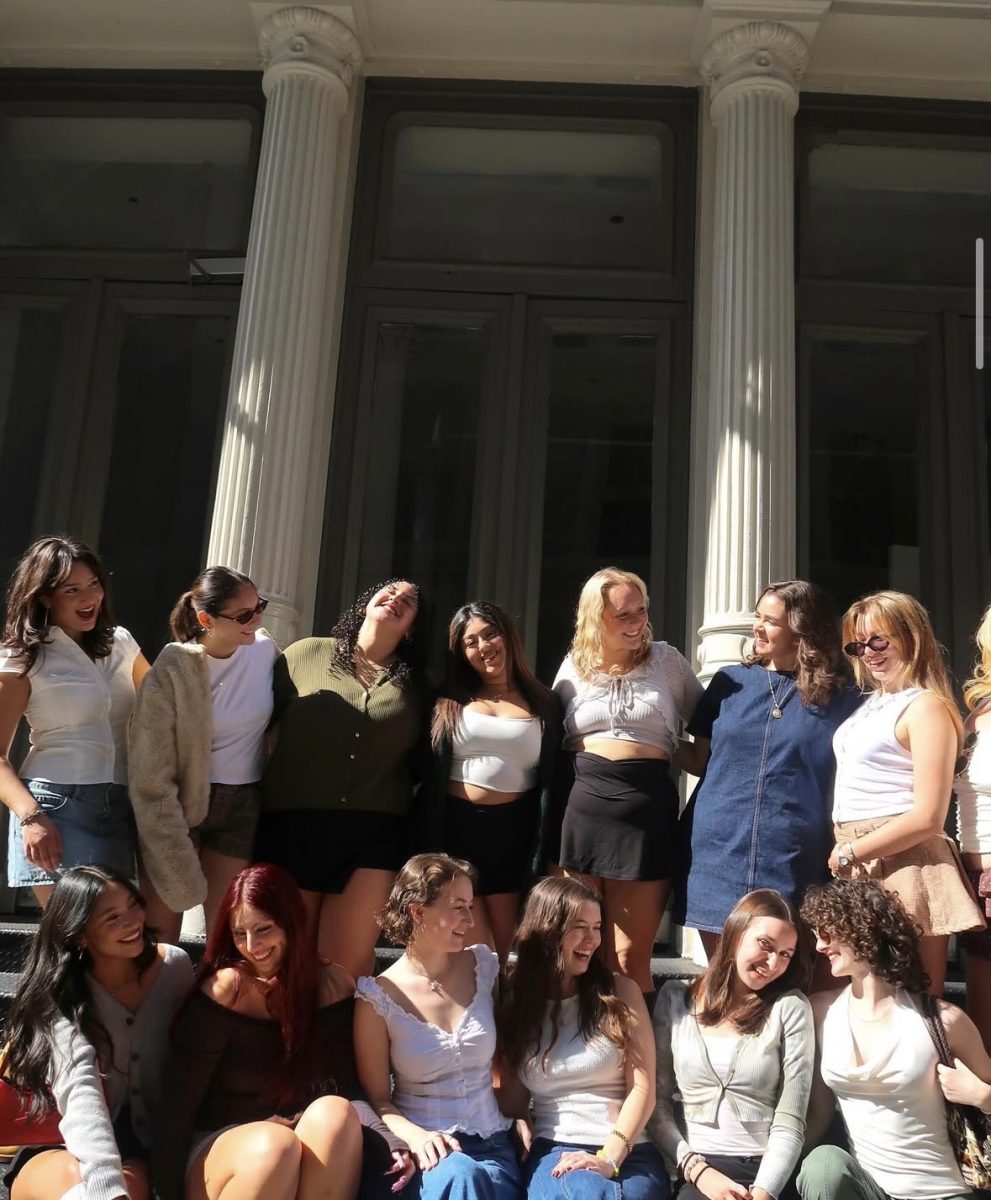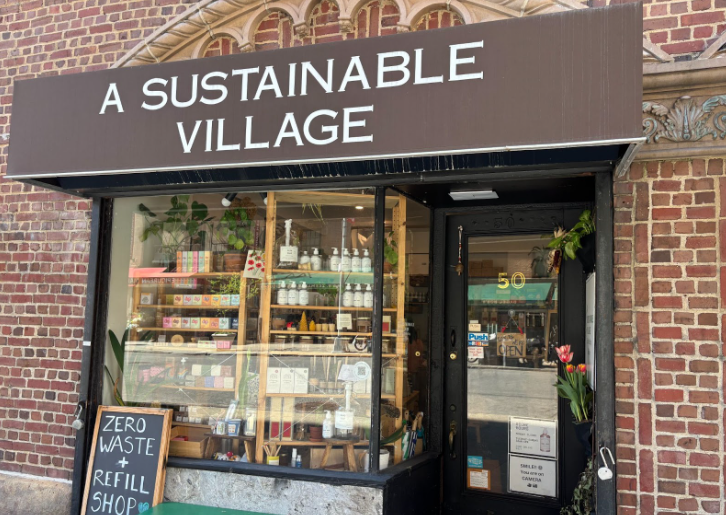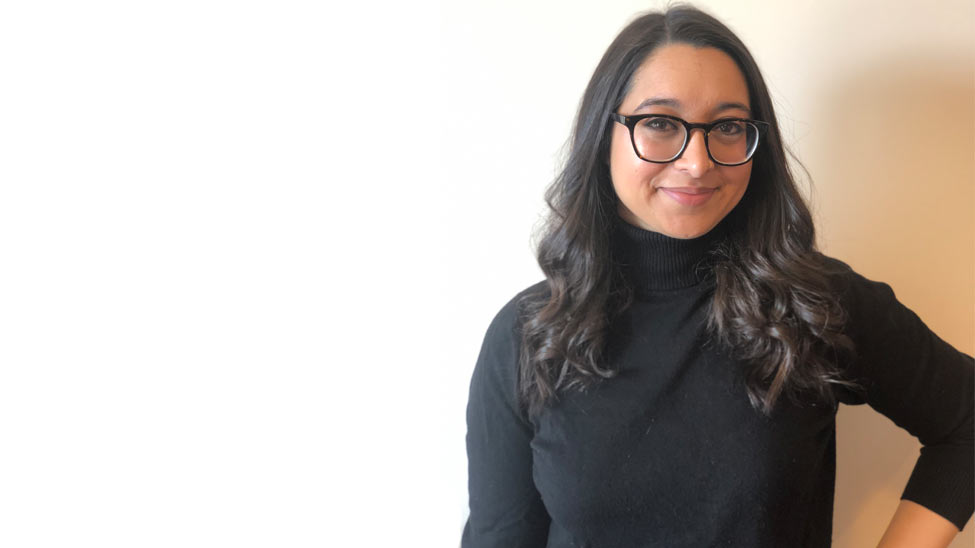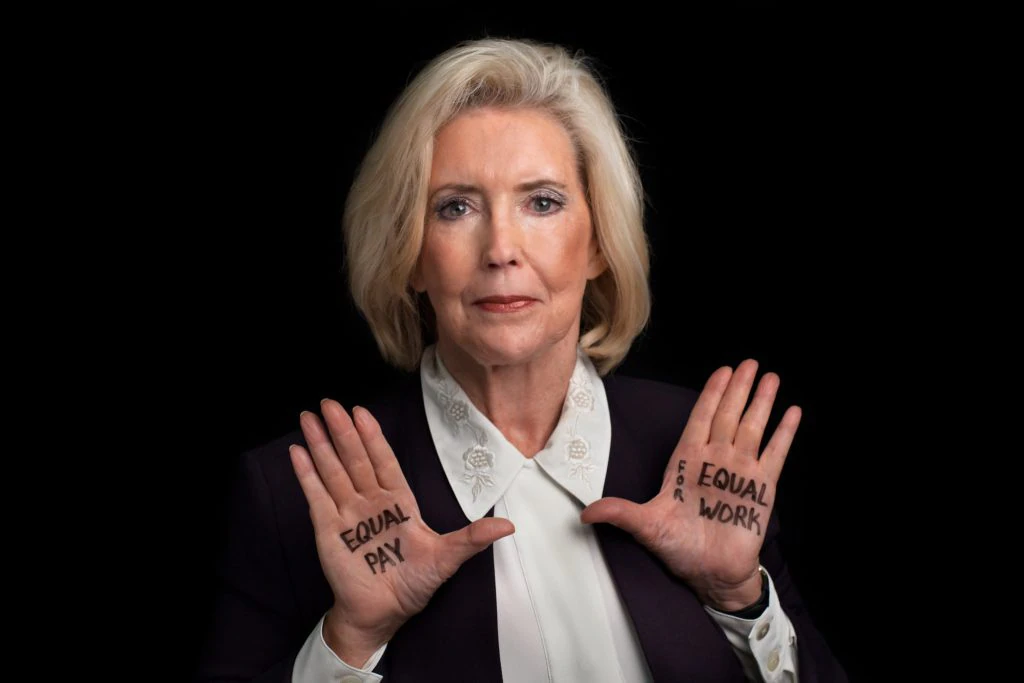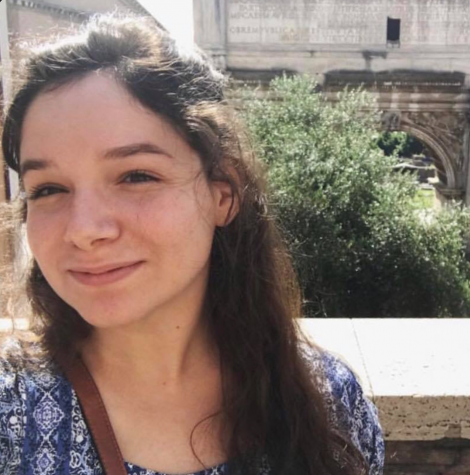University students are fortunate enough to learn from many remarkable women faculty members. The inspirational women who work at the University have dedicated themselves for our education, and we want to honor them this Women’s History Month. Featured in this article are a few University faculty members who students know and
love.
ADITI PAUL – Communications Studies Professor

Professor Aditi Paul is well-known among the Communications Department and has been teaching at the University since Fall 2015. When asked what Women’s History Month means to her, she said, “Keira Knightly’s character in the movie Claudine says, ‘The hand that holds the pen writes history.’For a long, long time, that hand was not one of a woman. Hence, it comes as no surprise that we rarely see women depicted in instrumental roles in historical records. They almost come as an afterthought to a male figure, or worse, completely erased. Thus, Women’s History Month is an opportunity to recognize the contributions of all those unsung women whose struggles and victories have finally given us the opportunity to not just be a part of history, but to write it too.”
Aditi Paul shares a few ways University students cannot only recognize the contributions women have made, but to continue to empower the women surrounding us. She said, “I am a big believer in the power of the compound effect. Taking little, tiny steps over a long period of time that have a positive impact on women is a great way to celebrate women! For example, biting our tongue when we feel the need to gossip/slut-shame/put down another woman could be a step toward ending girl-on-girl hate; saying something uplifting to a friend/leaving a positive comment on her Instagram if she has stepped out of her fashion comfort zone could help erase body-image issues; heck- even asking a fellow woman gym-rat to correct your form when you are weight training could boost her confidence! Being kind, considerate, and a friend to another woman is the best way to celebrate her!”
MARIE GRYNBAL – Women & Gender Studies Professor
Professor Marie Grynbal grew up in Caracas, Venezuela. “I was expected to come to the US to school,” she said to The Pace Press. Her father had attended high school and college as an international student and he had a love for the United States that stayed with him throughout his life. “Even though he graduated in the mid 50’s, he brought back to Venezuela ideas about social and gender equality that he readily passed on to me.”
Professor Grynbal then attended high school in Connecticut and Skidmore College with a year of special studies at Wesleyan University. Afterwards, she attended graduate school at New York University. “I made a different choice than my father’s,” Grynbal said, “I stayed here, compelled by the challenge that America posed for me: live here and be whoever you want to be. A choice not often open to so many women. And so, I have spent a life as a social worker, a nonprofit executive, and a gender studies adjunct at Pace.” Professor Grynbal’s life story shows what Women’s History Month means to her, “Every month is women’s history month for me,” she said, “ I like to think that, from my work strengthening women impacted by poverty and oppression, to my support of women nonprofit leaders in my consulting practice, all the way to the awareness I hope to raise in my teaching at Pace, I help to make women visible, present and strong. I know that I am. Every single month of the year.”
MEGHANA NAYAK – Political Science Professor
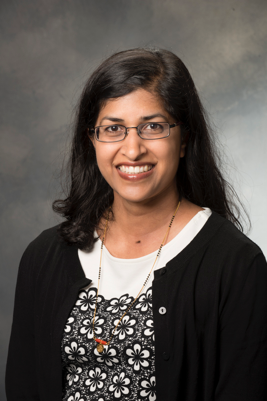
Professor Nayak grew up in Texas and attended Southwestern University where she pursued a double major in Women’s Studies and Psychology. She then went on to graduate school at University of Minnesota and earned a PhD in Political science with a concentration in Human Rights and Advanced Feminist Studies.
“Women’s history month is complex for me,” she said, “On the one hand, I attempt to discover secret and unknown histories about what women and female-identified folks have and continue to do to change the world. On the other hand, like with Black History Month, it’s only one moment in an entire year, when we must always be vigilant, every day to correct historical narratives and myths”. Her primary goal is to get educated on women who are marginalized. “Even if you know about Rosa Parks, you should know about Claudette Colvin. Even if you know about socialist feminists, you should learn about Claudia Jones. Look into how black trans women paved the way for queer movements. Learn about how Nanye-hi negotiated with the U.S. government so that Cherokees could keep some of their lands.” In order to honor women this month, University students should not shy away from doing their research. “If we take Women’s History Month seriously, it would completely transform everything we thought we knew.”
This month, remember the women who paved the way for you, and especially remember those who have poured their knowledge, wisdom, and power in order for you to empower others, sharpen your mind, and fearlessly lead. Women’s History Month is about all women, and we must not delay in honoring the ones who play such an influential role in our community.






